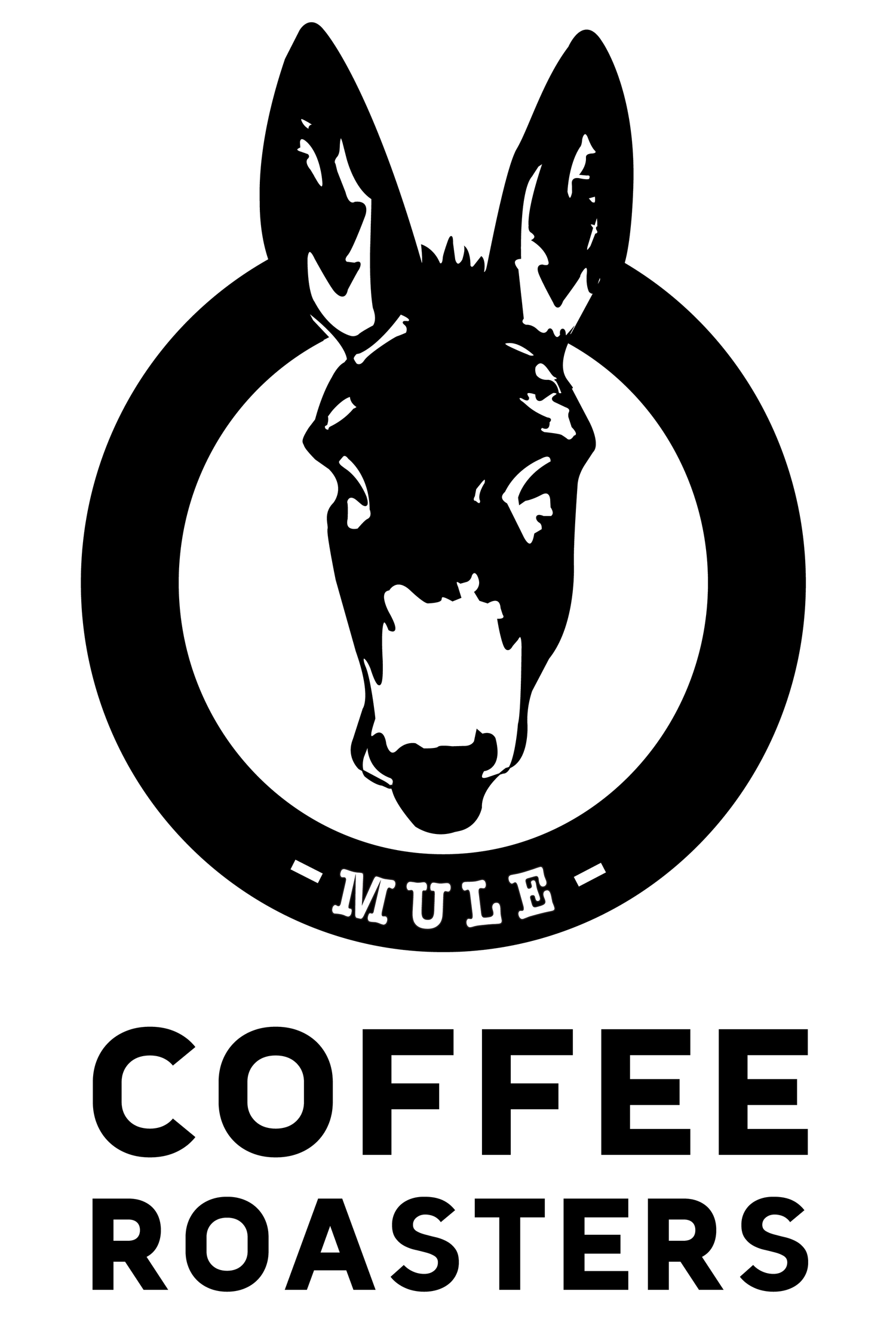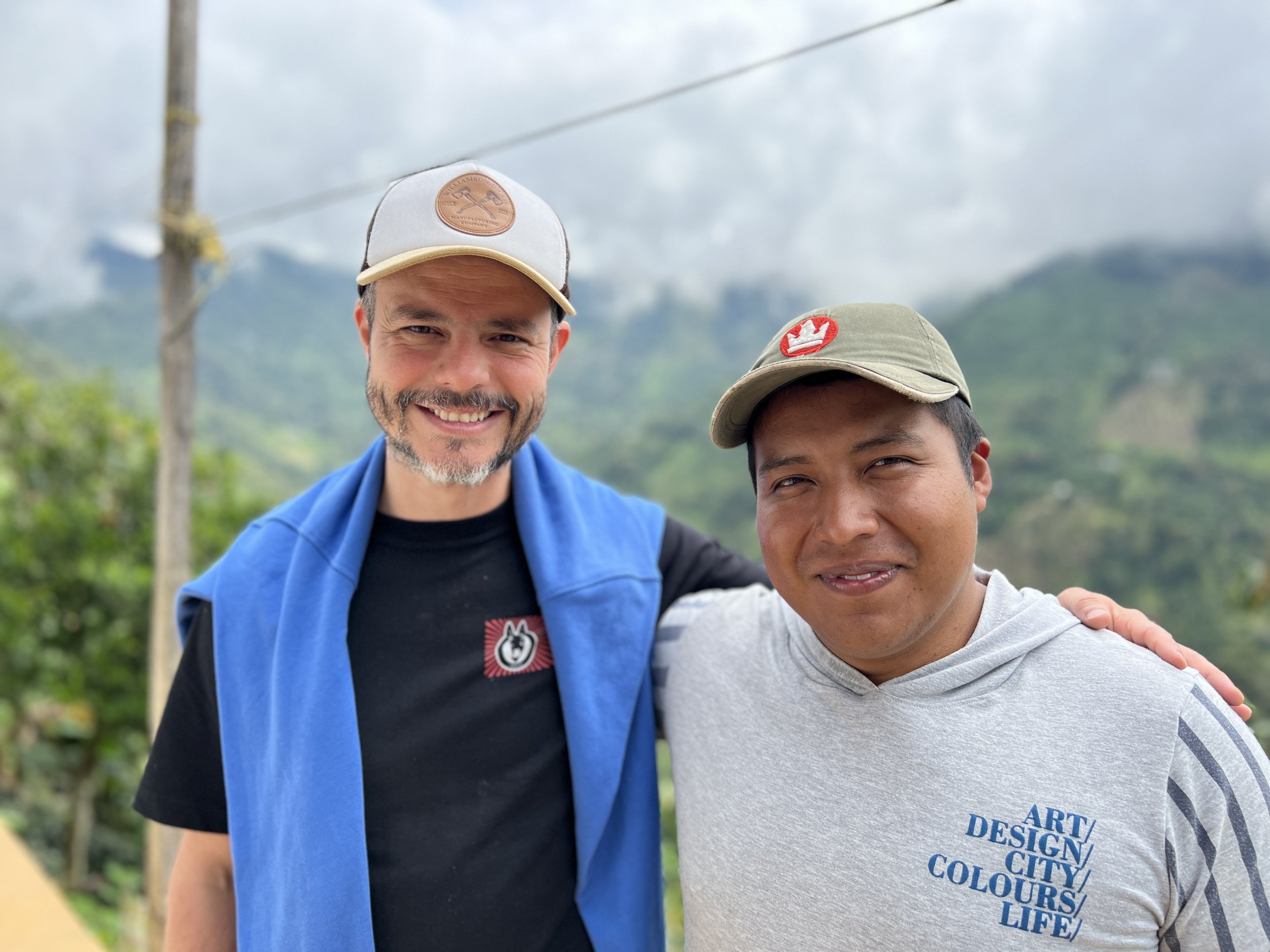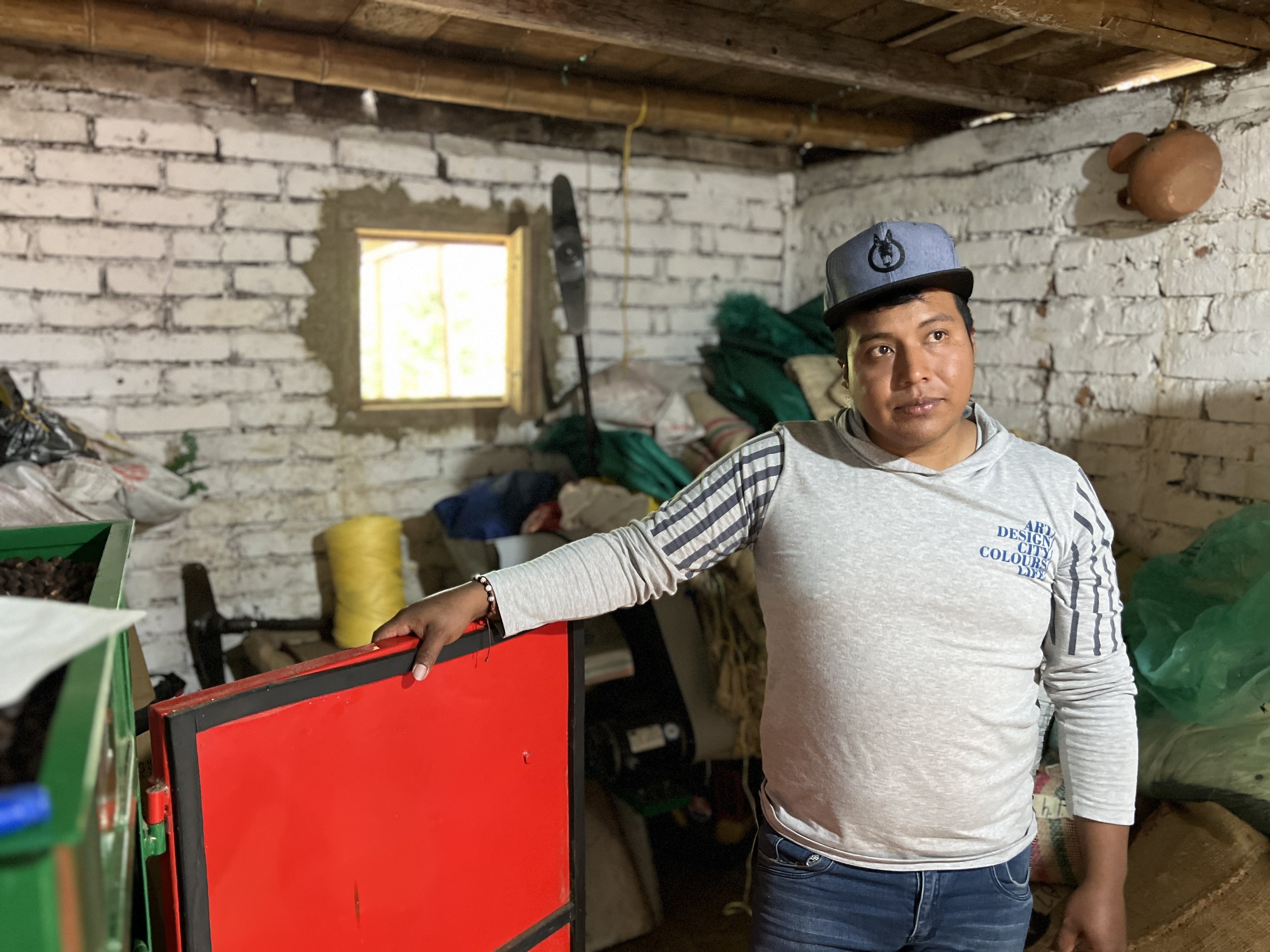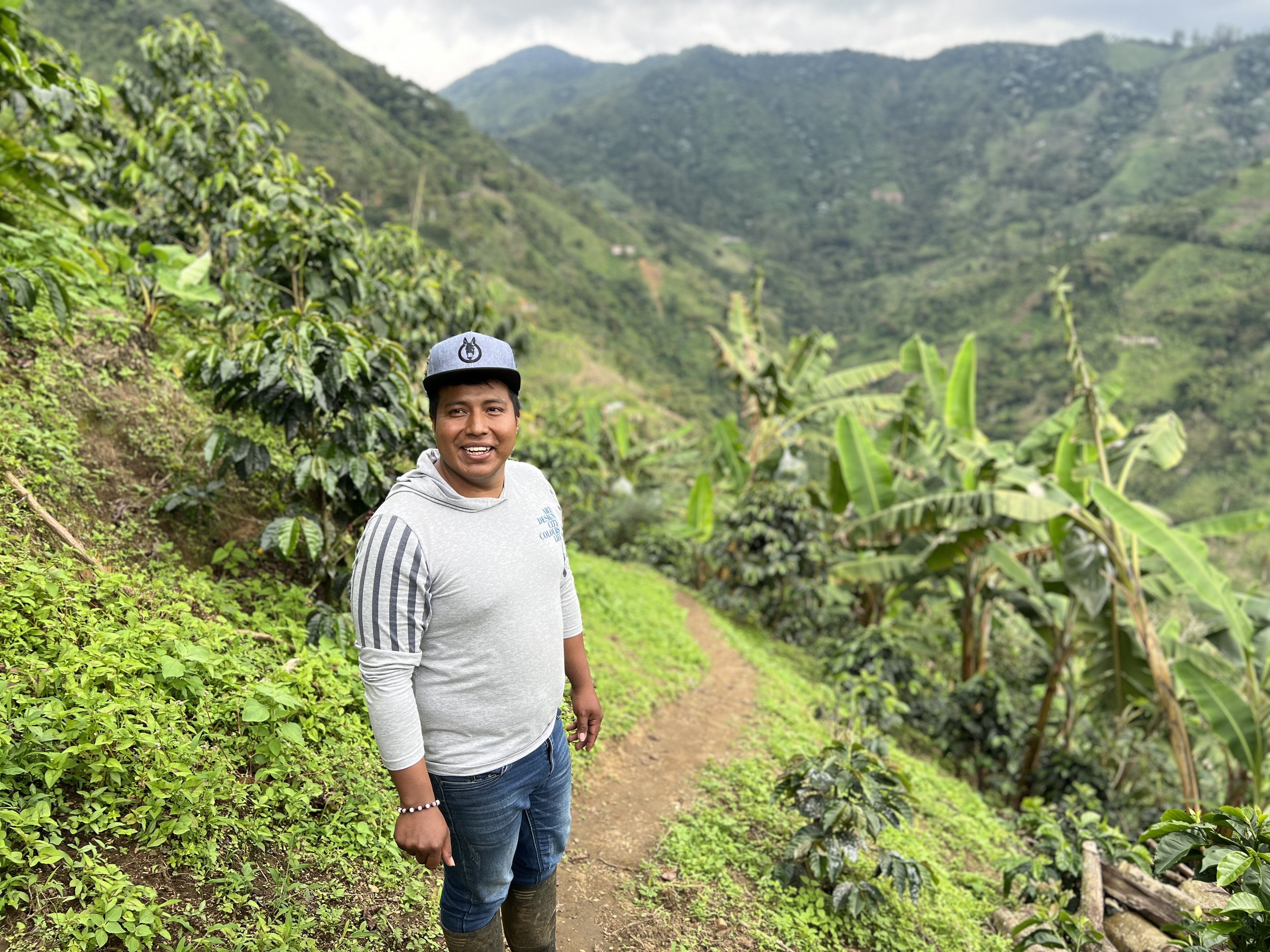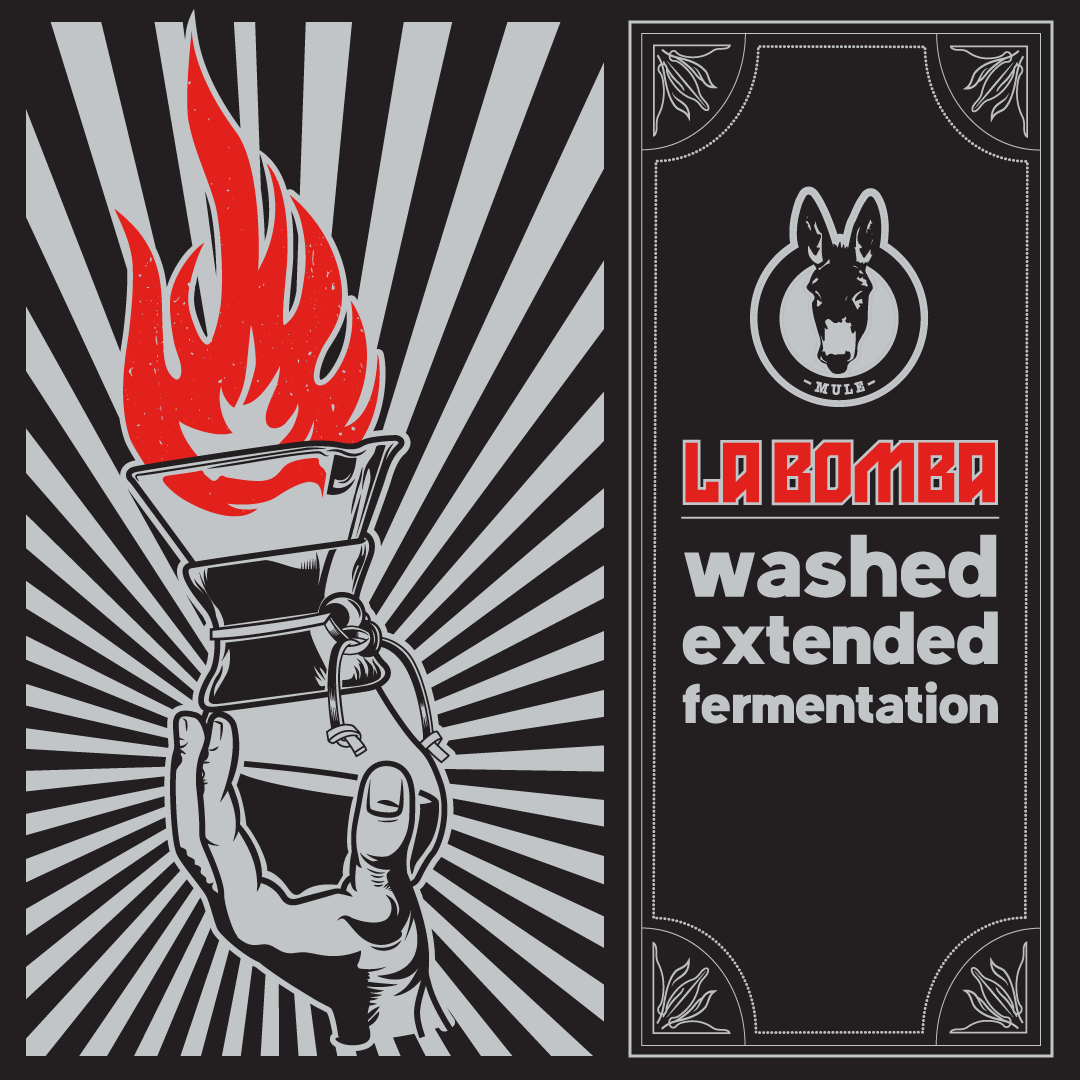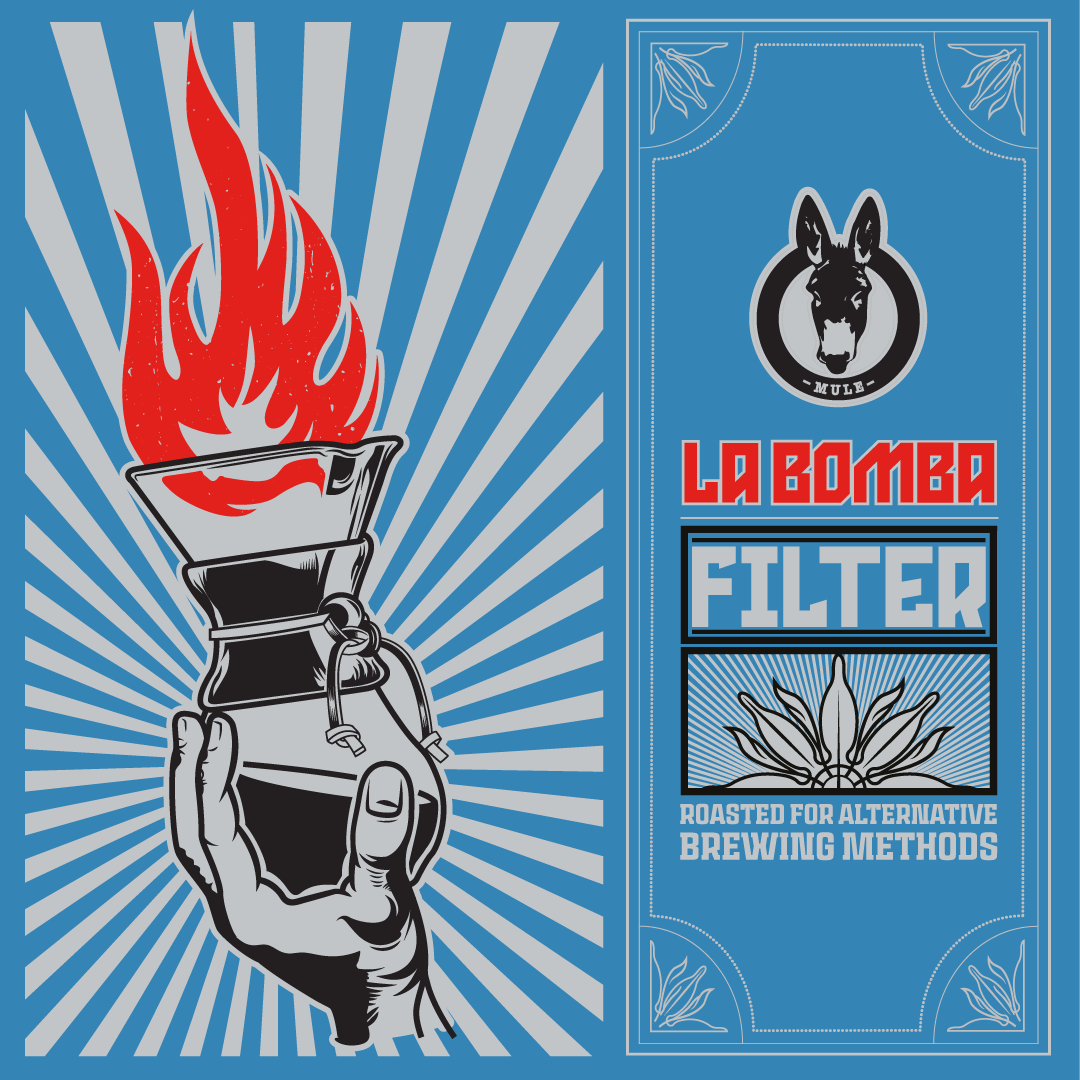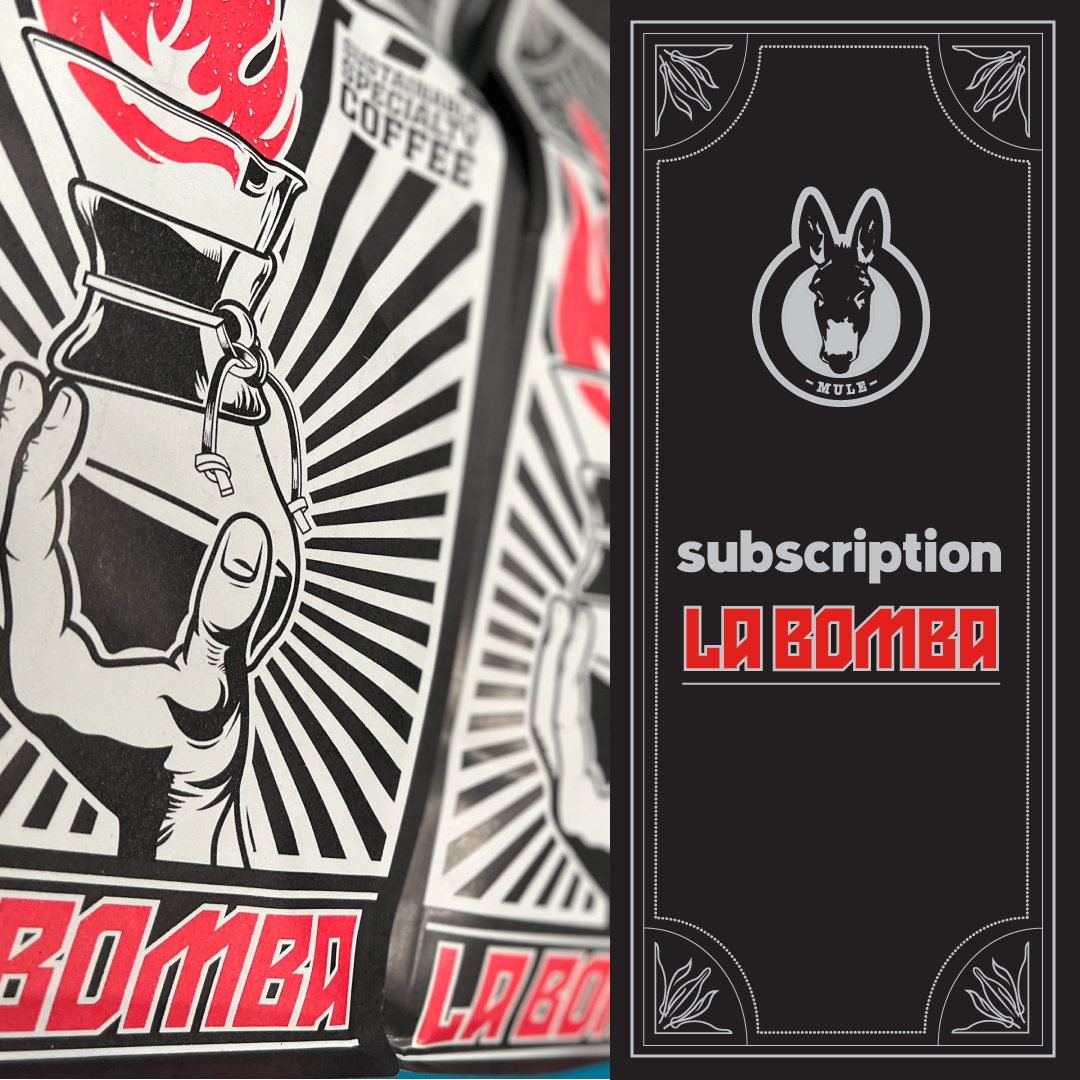The Real Way to Sustainable Coffee: An Insight into Our Direct Trade Model
It is no secret that the word "sustainable" is thrown around a lot these days. It's become a buzzword, a way to showcase authenticity and promote ethical practices. But how much of it is genuine and true? At Mule Coffee Roasters, we believe that transparency is key, especially when it comes to sustainability.
Locally produced coffee beans account for less than 1% of the coffee consumed in Australia. This makes extremely relevant to examine how sustainable and ethical is the coffee we import, or at least the coffees that claim to follow such transparent production chain.
Since 2019 Colombian Connection Coffee has been working directly with Colombian Coffee farmer Cesar Buesaquillo. Ever since, his extended fermentation Castillo varietal has become our Single Origin of line: LA BOMBA. Trading directly with Cesar has taken us through a whole new experience, allowing us to understand in detail the many challenges that ethical practices demand to become genuinely sustainable.
The romantic idealization of “Transparency” has to take into consideration a whole bunch of Socio-Economic and Socio-Political factors characteristic of developing countries like Colombia. Over 90% of the world’s coffees are produced in third world countries and/or developing nations, nowdays called Second World Economies, or emerging markets.
Access to basic needs such as infrastructure, electricity, drinking water, sewerage, public transport, education, medical attention and adequate roads, is often limited or non-existant. These challenging factors could make extremely difficult for farmers to be able to practice sustainable farming, water and environmental management. Not to mention becoming easy pray for middle-men and speculators.
Most coffee roasters are left in the dark trusting their suppliers and the supply chain behind them, often supported by Certifications which may only comply with bureaucratic practices and not necessarily overlooking the real issues of ethical sourcing.
Coffee farmers like Cesar Buesaquillo and his family are part of a robust network of producers and processing professionals. Since their beginnings, our supply partners Cofinet, have strive for transparency and adequate social management. They have introduce us to Farmers like Cesar and to coffee Cooperatives like Guayata. We know how resources are manage and how much farmers are paid.
Coffee farmers like Cesar Buesaquillo and his family are part of a robust network of producers and processing professionals.
Sustainability programs, both Social and environmental, are lead by the most experienced farmers. Diofanor Ruiz is an example of it. He has mentor countless coffee producers around his region improving social and environmental management in many farms as well as lifting quality. As a matter of fact, Cesar became known to Cofinet through Diofanor.
It is imperative for the Specialty Coffee Roaster to understand the sustainability challenge. To walk the talk and to dig into their own supply chains to uncover the truth behind its own product.
The future of High Quality Specialty Coffees is depending on it. Farmers hold most of the knowledge needed to sustain their crops but they need the full support of the people behind them to not cut corners. Not only they need to put food on their tables, they also deserve the quality of life any of us would like to enjoy.
